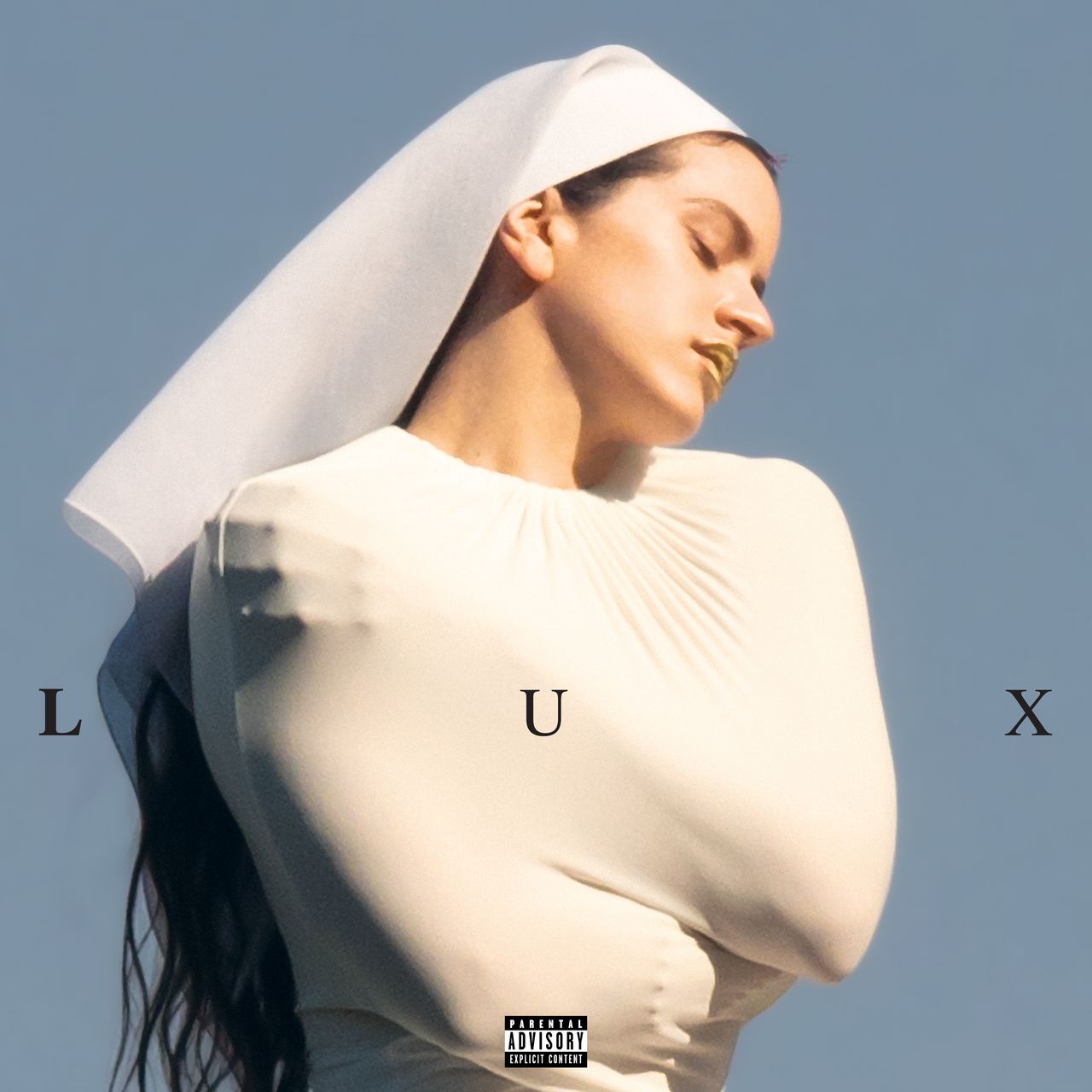Rosalía is redrawing pop’s map at a stunning pace. Her first two records, Los Ángeles and El Mal Querer, brought flamenco into the mainstream; the second fractured the genre from its tradition, unearthing a pop architect intent on stitching sacred text with street expression. Then came MOTOMAMI, a world born of Caribbean heat and unbridled nerve, cementing her as an experimental auteur burning through sounds like a master technician. But when the earthly map felt complete, she spoke directly from the heavens: LUX.
The Spanish superstar’s fourth album is a heartfelt offering of avant-garde classical pop that roars through genre, romance, and religion. Arranged in four movements and sung in 13 languages, its orchestral pop storms down from the skies and leaves, in its thundering aftermath, a field guide for pop’s seekers, those who believe the answers to love, desire, and creative purpose might yet be contained in three or four minutes at a time. It’s not a dopamine machine like MOTOMAMI, but it rewards listeners who ache for more from pop artists: more feeling, more risk.
For all its scholarship and borderless histories, LUX isn’t a massive homework assignment; it’s an operatic lament for a new generation, an exquisite oratorio for the messy heart. Yes, the credits read like a conservatory (the London Symphony Orchestra; Catalan choirs; MOTOMAMI collaborators Noah Goldstein and Dylan Wiggins; Pharrell; and arrangements from Caroline Shaw and Angélica Negrón, to name a few), but Rosalía’s voice remains at its center. With her as its lodestar, LUX advances like a crusade to conquer the mysteries of human existence. On opener “Sexo, Violencia, y Llantas,” she announces her plan: “How nice it’d be, to come from this Earth, go to Heaven, and come back to the Earth.” She spends the next hour detailing this process from start to finish through flamenco pop revelations (“La Rumba Del Perdon”), waltzing insults (“La Perla”), existential operatic swells (“Memoria”), and songs that feel entirely new and genreless (like “Focu’Ranni or “Novia Robot”).
